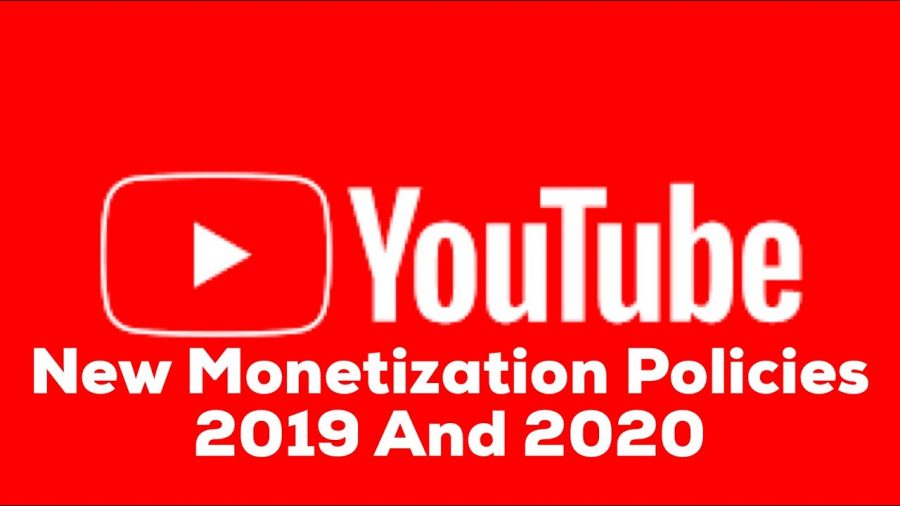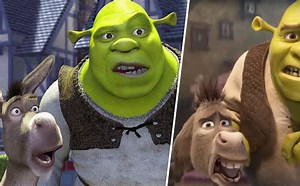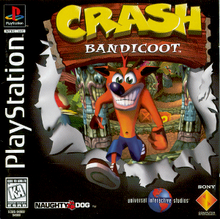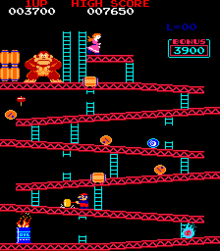YouTube’s New Terms of Service Might Ruin Content Creators
Throughout the years, YouTube has been a reliable revenue source for content creators across the platform. However, YouTube’s new terms of service might change that. On November 12th, YouTube formally announced its plan to have creators label any videos of theirs that may appeal to children. Starting in January 2020, if creators mark a video as directed at kids, data collection will be blocked for all viewers, resulting in lower ad revenue, and those videos will lose some of the platform’s most popular features, including comments and end screens. It’s a major change in how YouTube works, and has left some creators clueless as to whether they’re subject to the new rules.
Google confirmed that this new system is this result of the $170 million settlement YouTube reached with the Federal Trade Commission in September for “violating” children’s privacy. They were placed under the Children’s Online Privacy Protection Act (COPPA), which forbids collecting data from children under the age of 13 without explicit consent from their parents. In this case, the ruling means YouTube can’t use its powerful ad-targeting system who might be under the age of 13 — a huge issue for a platform with so many young users.
This new system has already caused creators to panic, due to the fact that we still don’t entirely know what exactly is considered kids’ content and what could happen if they unintentionally mislabel videos. Some of YouTube’s most popular categories falls into an unknown area for the policy, including gaming videos, vlogging, and toy reviews. Once the new terms of service takes place, creators will be held directly responsible by the FTC. So if the FTC decides that creators are targeting children, they will be fined. Once a video is labeled as kids’ content, all personalized ads will be shut off, replaced with “contextualized” advertising based on the video itself.
Within YouTube, it’s clear that child-directed videos will have fewer advantages on the platform. There will be the removal of targeted ads, but a number of other YouTube features are also impossible without personalized data. For example, child-directed videos will no longer include a comments section, info cards, end screens, notifications, and the community tab; all tools for driving viewers back to a channel. During the September order, the FTC made it clear that it could sue individual channel owners who abuse this new labeling system. Crucially, those lawsuits will fall onto the channel owners, rather than on YouTube itself.
For now we are waiting for any new information on the new terms of service, as these new rules and regulations may impact careers and lives.






